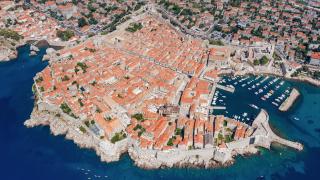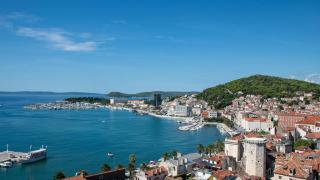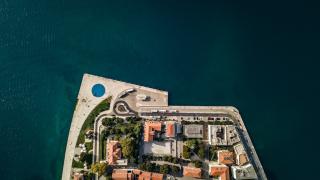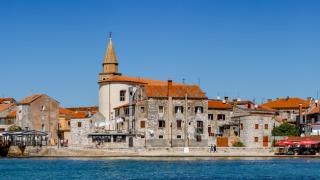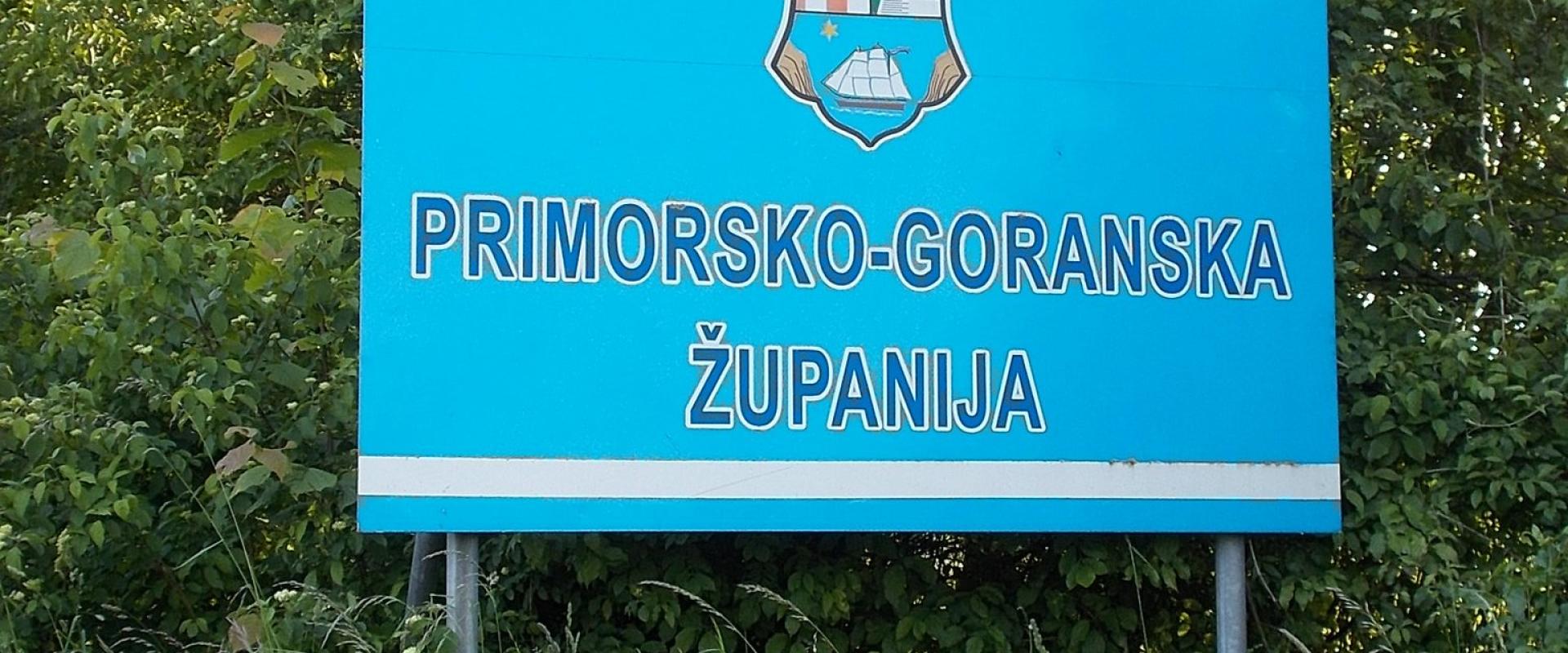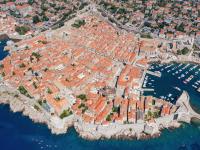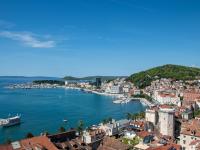Introduction
Working in Croatia offers a unique mix of career opportunities and lifestyle. Foreign workers need a valid work permit. Most employers help with the application process. The standard workweek is 40 hours. Many companies allow flexible or remote work. Teamwork and work-life balance are important in Croatian workplaces. Expect regular coffee and lunch breaks with colleagues. English, German, and Italian language skills are valued, especially in tourism roles. Hiring for seasonal jobs often starts in February or March. Jobs are available in tourism, IT, and customer service. Salaries and benefits vary by sector and experience. This article covers how to find a job, work permit requirements, and what to expect from daily work life. It also explains the main industries hiring foreigners and tips for adapting to Croatian work culture.
Job Market Overview
Main sectors hiring foreigners:
- Tourism: hotels, hostels, travel agencies, tour guiding, seasonal hospitality jobs
- IT: software development, web design, technical support, remote roles
- Language teaching: English, German, Italian teachers in private schools and language centers
- Customer service: call centers, especially for international companies
Types of jobs for travelers and expats:
- Seasonal work: bartenders, waiters, receptionists, tour guides (April–October)
- Year-round roles: IT specialists, language teachers, remote workers, customer support agents
- Short-term contracts common in tourism; permanent contracts more likely in IT and education
Work environment:
- Typical workweek: 40 hours, Monday to Friday
- Flexible hours in IT and some startups
- Remote work options available, especially in tech
- Most workplaces value teamwork and communication
- Dress codes are usually casual, except in formal offices
Expectations:
- English is widely used in international workplaces
- German and Italian are assets in tourism
- Punctuality and reliability are important
- Seasonal jobs may require weekend and evening shifts
Hiring for summer tourism starts in February or March. IT and education roles recruit year-round.
Work Permits and Legalities
Foreigners need a work permit to work legally in Croatia.
Who needs a permit:
- Non-EU/EEA citizens must have a work and residence permit.
- EU/EEA citizens do not need a work permit but must register with local authorities.
Types of permits:
- Single Permit: Combines work and residence. Valid for up to one year. Renewable.
- Seasonal Work Permit: For jobs up to six months, mainly in tourism or agriculture.
Application process:
- Employer submits the application to the Croatian Ministry of Interior or local police station.
- Required documents: job offer, proof of qualifications, valid passport, and health insurance.
- Processing time: usually 30-60 days.
- Application fee: typically €70-100, depending on permit type.
Employer responsibilities:
- Must prove no suitable Croatian or EU candidate is available (labour market test).
- Must provide a valid work contract and assist with paperwork.
Tips for applicants:
- Ensure all documents are translated into Croatian.
- Apply at least two months before the planned start date.
- Keep copies of all submitted documents.
- Check for sector-specific permit quotas each year.
Working without a permit is illegal and can result in fines or deportation.
Workplace Culture
Croatian workplaces typically operate Monday to Friday, 8:00 to 16:00. The standard workweek is 40 hours. Many companies offer flexible hours or remote work options. Punctuality is expected for meetings and daily start times. Teamwork is highly valued. Collaboration and open communication are common in most offices.
Socializing is important. Colleagues often take coffee breaks together, sometimes lasting 15–30 minutes. Lunch breaks usually last 30–60 minutes. It is common to eat lunch at a nearby restaurant or café. Inviting coworkers for coffee is a regular custom.
Dress codes vary by industry. Offices in finance or law expect formal attire. Tech and creative sectors allow smart-casual dress. Clean, neat appearance is important everywhere.
Communication style is direct but polite. Titles and last names are used until invited to use first names. Respect for hierarchy is observed, especially in larger companies.
Work-life balance is prioritized. Overtime is not common and is usually compensated. National holidays and vacation time are respected. Most employees take at least four weeks of paid leave per year.
Practical Tips
Job listings:
- Search on MojPosao, Posao.hr, LinkedIn, and EURES for English-speaking jobs.
- Hospitality and tourism jobs post openings from February to May.
Networking:
- Attend local meetups in Zagreb, Split, or Rijeka.
- Join Facebook groups like "Expats in Croatia" for job leads.
- Connect with local chambers of commerce.
Language:
- English is widely used in tourism, IT, and large companies.
- Croatian is preferred for most office roles.
- Learning basic Croatian helps with daily life and integration.
Cost of living and salary:
- Average monthly rent for a one-bedroom in Zagreb: €400–€600.
- Groceries for one person: €150–€250 per month.
- Entry-level salaries: €800–€1,200 net per month.
- IT and specialized roles pay higher, up to €2,500 net.
Adapting to local life:
- Expect relaxed workdays with coffee breaks.
- Punctuality is valued for meetings.
- Use public transport for commuting; monthly pass: €40–€50.
- Shops often close early, especially on Sundays.
- Build relationships with colleagues for smoother adaptation.
Conclusion
Working in Croatia offers flexible hours, a 40-hour workweek, and supportive work environments. Main advantages include teamwork, employer assistance with permits, and relaxed workplace culture. Challenges may include language barriers and seasonal job fluctuations. Consider these factors before applying.
Practical recommendations:
- Check job openings between February and May for tourism roles
- Prepare required documents early
- Network locally to increase job chances Croatia provides real opportunities for professionals seeking a balanced work-life experience. Explore available positions and assess if the Croatian work culture suits your goals.
